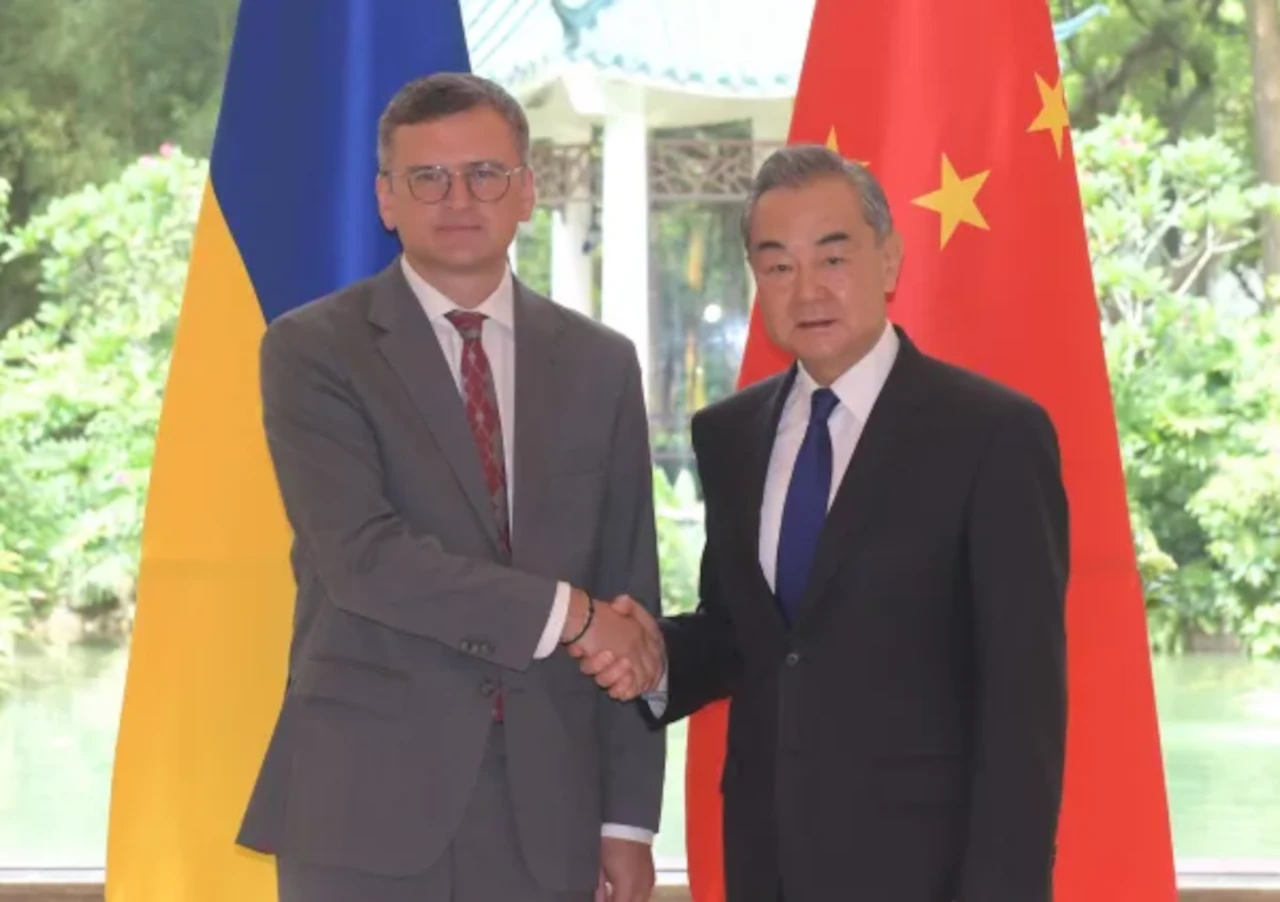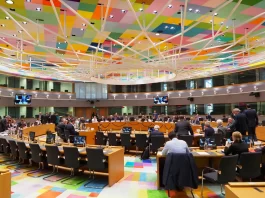The European Parliament approved a resolution in Strasbourg supporting Ukraine. The resolution reiterates the call to remove restrictions on the use of weapons sent by the EU so that they can also be used by Ukrainians to target legitimate objectives in Russian territory. The resolution passed with 425 votes in favor, 131 against, and 63 abstentions. A similar resolution was approved last July.
The Eurochamber approved, with 377 votes in favor, 191 against, and 51 abstentions, paragraph 8 of the resolution on support for Ukraine, which “calls on Member States to immediately lift restrictions on the use of Western-supplied weapons delivered to Ukraine against legitimate military targets on Russian territory.”
Ukraine Weapons: What the Resolution Says
In the majority-approved text, the Parliament “calls on Member States to immediately lift restrictions on the use of Western-supplied weapons systems provided to Ukraine against legitimate military targets on Russian territory, as this hinders Ukraine’s ability to fully exercise its right to self-defense under public international law and leaves Ukraine exposed to attacks on its population and infrastructure.”
Furthermore, the Parliament “stresses that insufficient supplies of ammunition and weapons, and restrictions on their use, risk undermining the efforts made so far and deeply regrets the reduction in bilateral military aid to Ukraine from Member States, despite strong statements made earlier this year. It therefore reiterates its call on Member States to honor the commitment made in March 2023 to deliver one million rounds of ammunition to Ukraine, to speed up the supply of weapons, particularly modern air defense systems and other types of weapons and ammunition, including Taurus missiles, in response to clearly identified needs.”
The European Parliament members also call for the “rapid implementation of joint commitments on security contracts between the EU and Ukraine” and reiterate that “all EU Member States and NATO allies should collectively and individually commit to providing military support to Ukraine with at least 0.25% of their annual GDP.”
Paragraph 8 and the Separate Vote
Paragraph 8, the most controversial part, had a separate vote for confirmation, which saw significantly less support than the resolution as a whole, although the overall resolution was approved. The confirmation of paragraph 8 received 377 votes in favor, 191 against, and 51 abstentions (compared to 425 yes, 131 no, and 63 abstentions for the entire resolution). The resolution is not binding but carries political significance, though it largely reiterates what the Parliament had already stated on July 17 in the first plenary session of the legislature. The July resolution highlighted that “insufficient or delayed deliveries of weapons and ammunition risk undermining the efforts made so far. It therefore urges Member States to substantially increase and significantly accelerate their military support and enhance their military industries’ capacity. It strongly supports the removal of restrictions on the use of Western-supplied weapons delivered to Ukraine against military targets on Russian territory.”
The resolution calls on Member States to maintain and extend the EU sanctions policy against Russia, Belarus, and non-EU countries and entities supplying Russia with military and dual-use technologies. The MEPs also condemn the recent transfer of ballistic missiles from Iran to Russia and call for stronger sanctions against Tehran and North Korea for their involvement in supporting Russia’s war against Ukraine. Additionally, they hope to add more individuals and entities from China to the EU sanctions list, as well as implement stricter measures to systematically address sanctions evasion by EU-based companies, third parties, and non-EU countries.
While urging the EU and its Member States to work actively to garner the widest possible international support for Ukraine and find a peaceful solution to the war, the MEPs assert that any resolution of the conflict must be based on full respect for Ukraine’s independence, sovereignty, and territorial integrity. They also believe that accountability for Russian war crimes, and reparations and other payments by Moscow are essential components of any resolution. Therefore, they call on the EU and like-minded partners to establish a legal regime for confiscating frozen Russian state assets as part of efforts to compensate Ukraine for the significant damage it has suffered.






